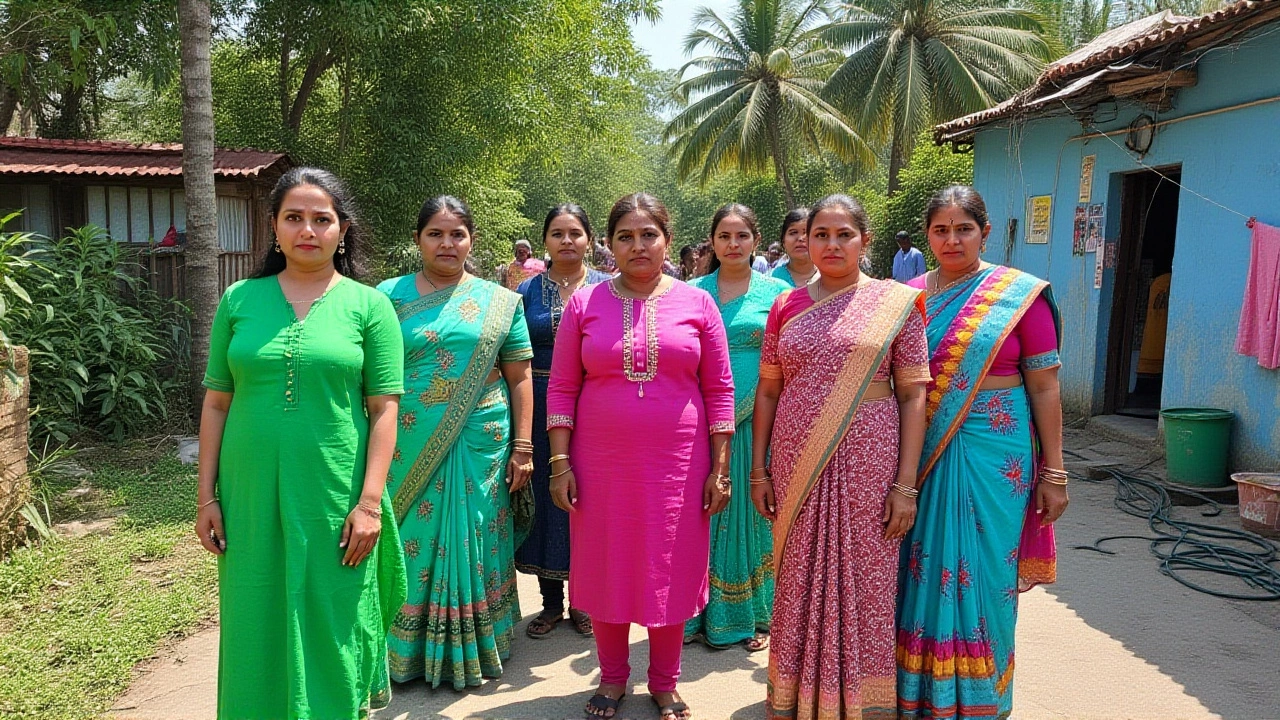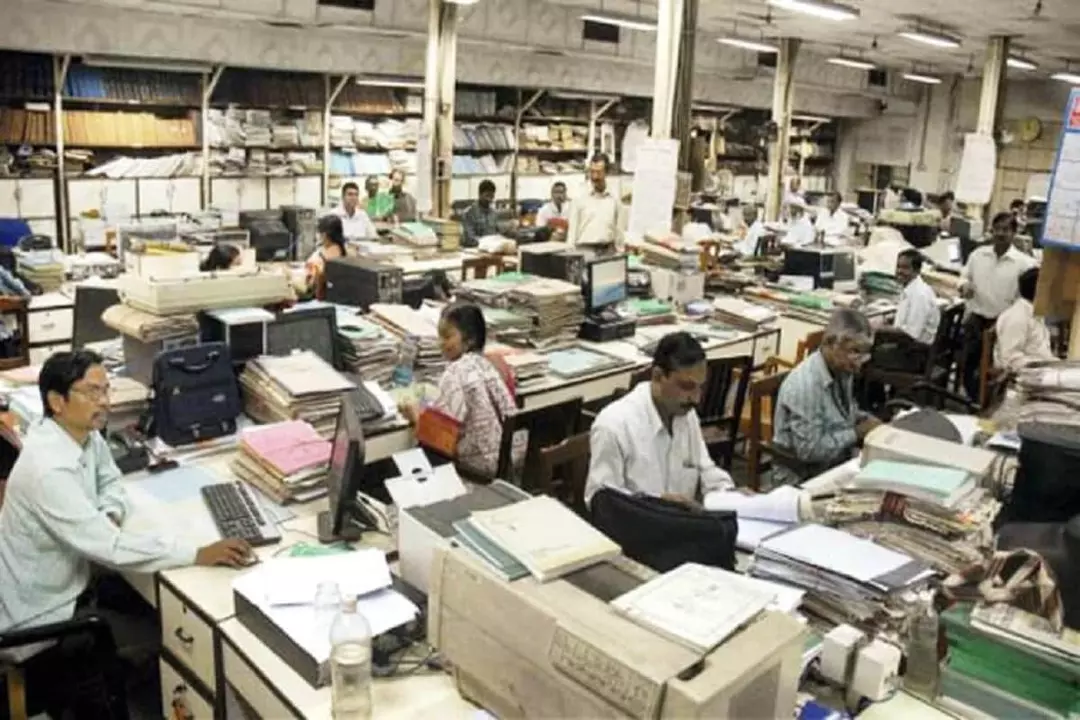Government Jobs in India: Why they still matter and how to get one
Thinking about a government job? You’re not alone. Government jobs in India offer steady pay, clear promotion paths, leave benefits, and social respect. That combination makes them a top choice for many. This page cuts straight to what you need to know and do—no fluff.
Why people prefer government jobs
Job security is the big reason. In many private roles, layoffs and salary cuts happen often. Government roles usually come with fixed pay scales, pension or provident fund benefits, and medical coverage. For example, bank jobs, railways, teaching positions, and civil services come with defined perks like housing allowances, leave rules, and transfer norms. If stability, predictable growth, and social standing matter to you, government work checks those boxes.
How to prepare and apply — a clear checklist
Pick your target: Are you aiming for UPSC, SSC, banking (IBPS), railways, state PSC, or teaching? Each has a different age limit, eligibility, and exam pattern. Read the official notification first—don’t trust hearsay. Note the eligibility, subject pattern, exam dates, and fee details.
Create a study plan: Break the syllabus into weekly goals. Use NCERT books for basics, then move to standard guides and previous year papers. Solve topic-wise questions and take full-length mock tests every two weeks. Track mistakes and focus on weak areas rather than repeating what you already know.
Application basics: Keep scanned copies of your photo, signature, ID proof, and educational certificates ready in the required formats. Fill the form carefully—typos on name or birthdate cause trouble later. Pay the fee before the deadline and save the confirmation. Note the admit card download window and print multiple copies.
Exam day tips: Read instructions on the admit card. Carry valid ID and arrive early. For objective exams, manage time: do easy questions first, mark tough ones for review. For descriptive papers, structure answers with short introductions, clear points, and a short conclusion. Practice handwriting if the test is on paper.
Interview and document verification: Be honest with facts on your form. For interviews, know your application details, academic background, and current affairs relevant to your post. Dress neat, speak simply, and answer directly. For document verification, keep original certificates and photocopies organized in order.
Backup plans: Apply for multiple exams that match your profile. Short-term jobs, contract roles, or part-time coaching can keep you financially steady while you prepare. Use free resources—official syllabi, previous papers, and government portals—to stay informed without overspending.
Want a practical next step? Pick one exam, read its latest notification, and make a 12-week study plan. Small, steady progress beats last-minute cramming every time.
Why are people running behind government jobs only in India?
In India, thousands of young people are eager to get a government job, as it is considered to be a secure source of income. Government jobs offer numerous benefits such as job security, attractive salaries, and other perks that make them more attractive than other job opportunities. Moreover, government jobs also come with the prestige that comes with being employed by the government. Furthermore, government jobs offer a stable career path with promotions and other career advancements that can be beneficial for someone's professional growth. For all these reasons, people in India are running after government jobs.






